The First Rule Of Write Club…
 There was a bit of a to-do on twitter recently about big-name author Johnathan Franzen’s rather idiosyncratic writing rules, which he had been kind enough to share (some thought a lot less kindly of them). My takeaway from that was: The first rule of write club is…well, you know the rest.
There was a bit of a to-do on twitter recently about big-name author Johnathan Franzen’s rather idiosyncratic writing rules, which he had been kind enough to share (some thought a lot less kindly of them). My takeaway from that was: The first rule of write club is…well, you know the rest.
So when I was asked for something on the best writing advice I’d come across my first thought was, ‘Blimey, I am not going there!’ I have never studied creative writing formally – apart from a weekend Marie Claire novel course – and I can’t remember too much of that except for hearing about my publisher there. (Oh, and avoiding too many scenes where everyone sits around drinking tea.) I know there was much better guidance given, and some of it may even appear below, but all that seems to have settled somewhere unlabelled in the depths of my subconscious.
Neither have I read any books about the craft of writing. I probably should have, they say Stephen King’s is the one, but my time is short and if I’m reading about writing, it means I am not writing. It’s all quite organic with me – although I have learned much from the process of being edited, and am still learning from that (sometimes in retrospect.)
So, I thought I might be too much of a rookie for this particular theme, and was about to decline with a pithy example of the brevity of my writing wisdom, but then something odd happened and the following list of nuggets that I must have picked up here and there began to emerge:
Just write – and keep writing. Even if you end up throwing your scribblings out with the bathwater, you do have to keep that creative tap running. (This part I tend to have no problem with. Less writer’s block, more lack of a filter. My problem is and always has been, time.)
Kill your darlings. As I understand this, it’s the things /characters/ passages you like, love or feel most satisfied with, or believe are essential, that you most need to reassess, and not be afraid to edit or even cut completely if it better serves the book as a whole. This I have struggled with, I will admit, especially as theme was as crucial to my book as narrative. Although, perhaps I am not the only first time indie author to fear that one may never get to write or publish another book and so tends to throw everything at the first shot hoping any excesses may be forgiven? So maybe, in order not to terrify the beginner, this advice needs to be thought of more as a mercy killing than brutal murder?
Throw out your first draft and start again! Which, apparently, was Hemmingway’s macho method. This gives me a panic attack merely thinking about it. I’m not sure I could ever do this, I’m not brave enough (yet). But also, like many writers who still have to work full time and do ‘life’ in general, I don’t have the luxury of (oh, yes, that old nemesis again) the time, to start all over again. All those snatched and sacrificed hours at weekends and very early mornings have to have been worth the extra pressure on body, heart and mind, after all.
Write what you know. Which I do, from an emotional, reflective point of view, but perhaps I am also too tempted to tackle themes and set them into contexts that I want to know more about – and then have to spend years researching. I realised early on with Bone Lines that I wanted to write a novel of ideas. Some have called it ‘brave and ambitious.’ I did often wonder whether it was madness in today’s market.
To the above piece of received wisdom I would add, write what interests you, because if you are not interested in your characters (whether likeable or not) and themes, you may well run out of steam for the long, hard labour of love that is writing a book. And if you’re not interested, how can you expect your readers to be?
Read, read read! Which I try to do but struggle with, because, yes, you guessed it, bloody TIME again, especially if I am in full writing mode.
Give your main character a believable flaw. (Yes, but what if the flaw in the character then becomes the flaw in the book? *Hides behind a screen from imaginary rotten fruit*)
Show, don’t tell. I’m still not exactly sure what that means or that it’s always right? Sometimes telling is the most efficient way to move the story along. But yes, where possible, reveal your characters through their words, actions, thoughts and where possible show key events and conversations in real time rather than as reported. And this leads me to one of my favourite pieces of advice from one early editor…
Paint don’t sketch– in other words, take your time to feather in the world building, to flesh out your characters – you don’t need pages of description if that’s not you style, but attend to the small details – and senses – that make people and places real, and help readers to see through your characters eyes.
(So now my most hated piece of advice.) Don’t use adverbs. Sigh. Seriously? Yes ok, don’t use them lazily or too much, but sometimes they are precisely the word that is needed. But do watch out for all the ‘thats’ – they are often not needed.
The best piece of advice for me is one that I discovered through trial and error, but which I have learned since is well known in writing circles: Read your manuscript aloud. This really helps in finding where you have too many or not enough words, where dialogue is awkward, where the rhythm of the language doesn’t flow.
Having shared all of that, I should add that the best guidance / aphorism / cliché (as you will) I can remember and most want to share is to be true to yourself. Not everyone will like the book (or you, but you’ll live) but as the writer, you really need to. In other words, find your own voice – but try not to fall in love with the sound of it (ahem, again).
And btw, that voice thing applies to reviews too (just as the writer bares her soul, so does the critic)… as does my final suggestion. Be kind. Read, write, live and love however you choose, but to be a writer or artist exploring the human condition you need empathy and the one thing I know that makes for a better and happier life is kindness.
—
Born in Hong Kong to expats from Liverpool (and something of a nomad ever since), Stephanie is based in London but manages her sanity by escaping to any kind of coast. Before returning to her first love of writing fiction, Stephanie spent many years pursuing alternative forms of storytelling, from stage to screen and media to marketing. Meanwhile, an enduring love affair with words has led her down many a wormhole on the written page.
Drawn to what connects rather than separates, Stephanie is fascinated by the spaces between absolutes and opposites, between science and spirituality, nature and culture. This lifelong curiosity – and occasional conflict – has been channelled into her debut novel, Bone Lines, and into short stories, poems and various works in progress. This includes ideas for the continuation of the Children of Sarah series, of which Bone Lines is the first story.
http://stephaniebretherton.com/
twitter: @BrethertonWords
BONE LINES, Stephanie Bretherton
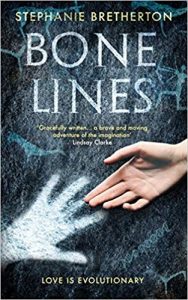 A young woman walks alone through a barren landscape in a time before history, a time of cataclysmic natural change. She is cold, hungry and with child but not without hope or resources. A skilful hunter, she draws on her intuitive understanding of how to stay alive… and knows that she must survive.
A young woman walks alone through a barren landscape in a time before history, a time of cataclysmic natural change. She is cold, hungry and with child but not without hope or resources. A skilful hunter, she draws on her intuitive understanding of how to stay alive… and knows that she must survive.
In the present day, geneticist Dr Eloise Kluft wrestles with an ancient conundrum as she unravels the secrets of a momentous archaeological find. She is working at the forefront of contemporary science but is caught in the lonely time-lock of her own emotional past.
Bone Lines is the story of two women separated by millennia yet bound by the web of life. This intriguing tale of love and survival, of courage and the quest for wisdom also explores the nature of our species and asks what lies at the heart of being human.
Gracefully written… a brave and moving adventure of the imagination. Lindsay Clarke, author of The Chymical Wedding
A monument to the timelessness of human nature, and a work of art… a masterpiece of pacing. Bretherton ignites her characters with a life, complexity, a personality with which any number of readers will identify and empathise with. Naomi Moore, Editor, New Orbit literary magazine
Bretherton weaves a cat s cradle of human history, from the panoramic overview to day-to-day existence. An accomplished debut… one to watch. Su Bristow, author of Sealskin
“A brilliant, genre-defying read, Bone Lines deftly unravels the wonder of oneness.” Barbara Bos, Editor, Women Writers, Women s Books.
Compelling… the story drew me in completely… a fascinating read. Cheryl Morgan-Muir, book blogger
BUY THE BOOK HERE
Category: How To and Tips






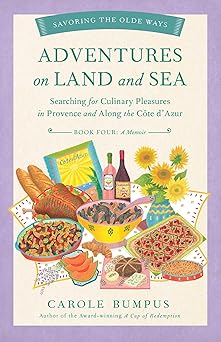
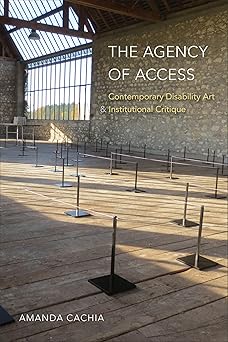
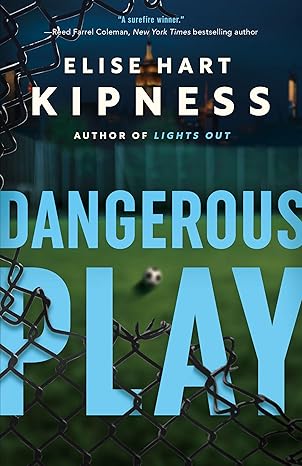
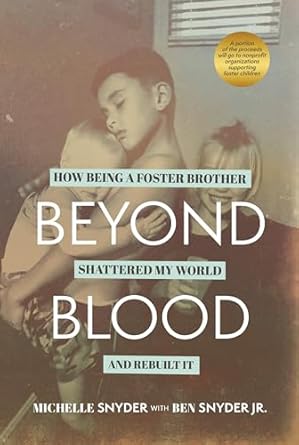
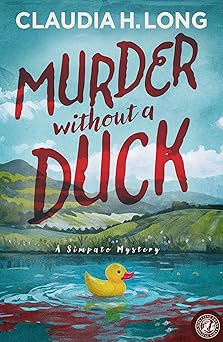
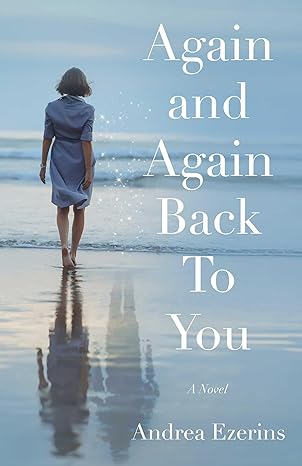
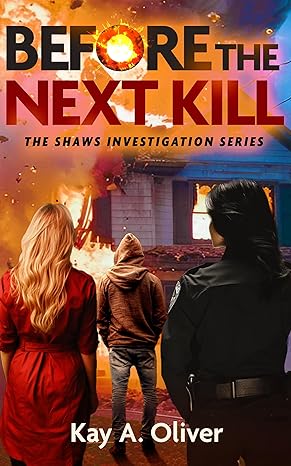
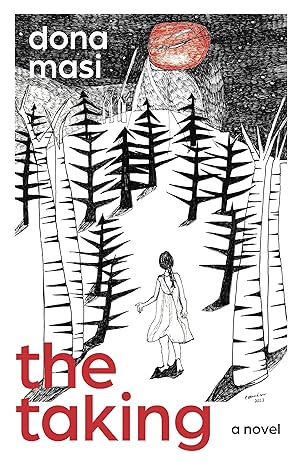

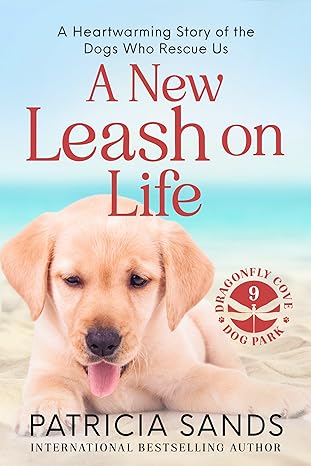

I was interested to see what the advice in this post would be because I’m actually studying for a Creative Writing degree at the moment. Most of the things you’re saying here are things we’re being told in the course – albeit in a lot more depth. Great post!